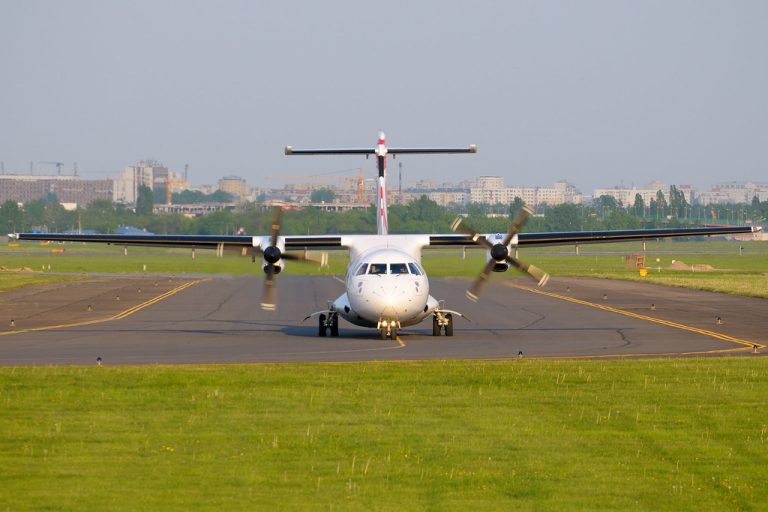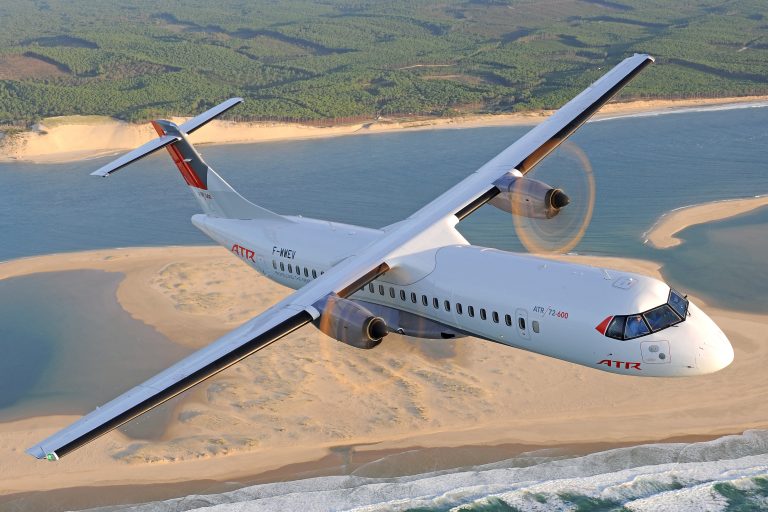While critics continue to cast doubt, Europe’s fuel manufacturing sector is already proving itself as a crucial driver of sustainable aviation. Capacity is scaling up, prices are dropping, and production is accelerating well ahead of regulatory deadlines. The real story is not one of failure, but of extraordinary industrial transformation poised to lead Europe’s transport decarbonisation journey.
Europe’s refiners are not just meeting regulatory expectations—they are outperforming them. Sustainable Aviation Fuel (SAF) production is already on track to exceed the EU’s ReFuelEU targets. Current production capacity of 1.5 million tonnes of HEFA-based SAF, alongside firm investments that will bring an additional 2.4 million tonnes online by 2029, positions the sector to comfortably surpass both the 2025 and 2030 mandates. By 2025, the industry will have already delivered the required 1 million tonnes, and by 2030, it will have more than the necessary 2.7 million tonnes available. This achievement is not speculation—it is backed by data from the European Union Aviation Safety Agency (EASA) and industry tracking from Argus Media, both confirming that Europe’s SAF capacity is set to outpace demand until at least 2035.
Despite this progress, recent public narratives have misrepresented the sector’s performance. Claims derived from an early version of a Boston Consulting Group report wrongly suggest fuel producers are falling short. However, BCG itself has clarified that global bio-SAF production is forecasted to reach up to 12 million tonnes by 2030, well beyond the EU’s 3 million-tonne requirement under ReFuelEU. These misleading accusations not only ignore the hard data but also undermine the critical role European refiners are playing in supporting the continent’s climate goals.
Investments in SAF have come at great risk to Europe’s fuel manufacturers, who have pressed forward despite unstable regulation and uncertain returns. Billions of euros have already been channelled into biorefineries, with seven plants currently delivering 100% renewable fuels for multiple transport sectors. SAF production alone has increased tenfold in just two years, from 100,000 tonnes in 2022 to over 1 million tonnes by 2024. Equally impressive is the dramatic fall in renewable fuel prices, which have dropped by more than 40% relative to conventional jet fuel between 2021 and 2023. This price progress reflects the industry’s commitment to scaling production efficiently, without waiting for perfect policy conditions.
Yet policy remains the largest barrier to unlocking SAF’s full potential. Without coherent, predictable regulatory frameworks, the momentum achieved risks stalling. The industry is calling for urgent action to enable faster growth: recognising innovative production methods, broadening the range of eligible feedstocks, aligning regulatory criteria across EU systems, and providing clear, long-term mandates beyond 2030. Enabling national-level incentives to accelerate production before regulatory deadlines and supporting capital-heavy e-SAF projects through the Sustainable Transport Investment Plan are essential next steps.
Europe’s refiners have already proven they are not obstacles, they are the driving force behind the green transformation of aviation. Their pioneering investments, technological advancements, and growing production capacity demonstrate their strategic value as partners in achieving climate neutrality. The focus now must shift to enabling policies that match this industrial ambition.
Avation PLC (LON:AVAP) is a commercial passenger aircraft leasing company owning a fleet of aircraft which it leases to airlines across the world. Avation’s future focus are new technology low CO2 emission aircraft.







































